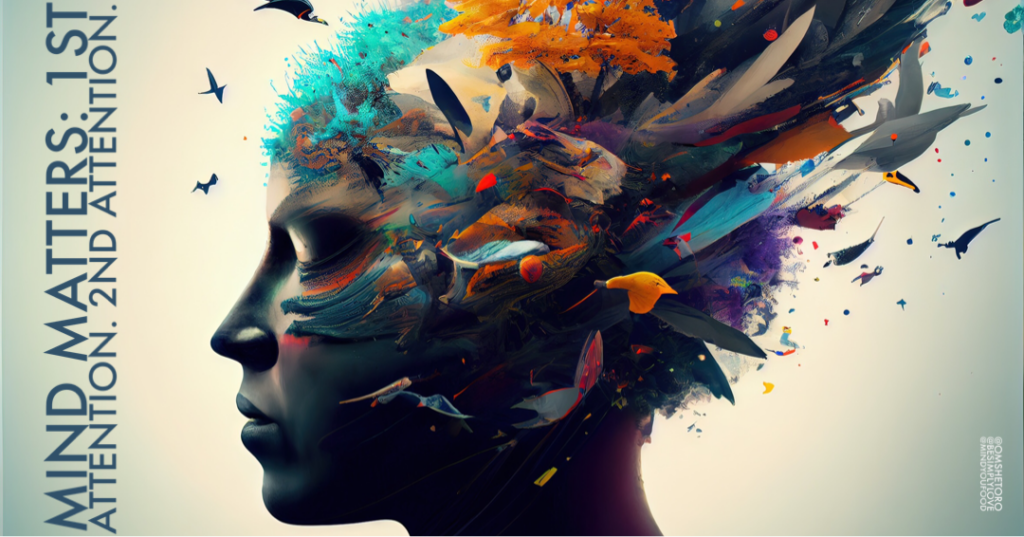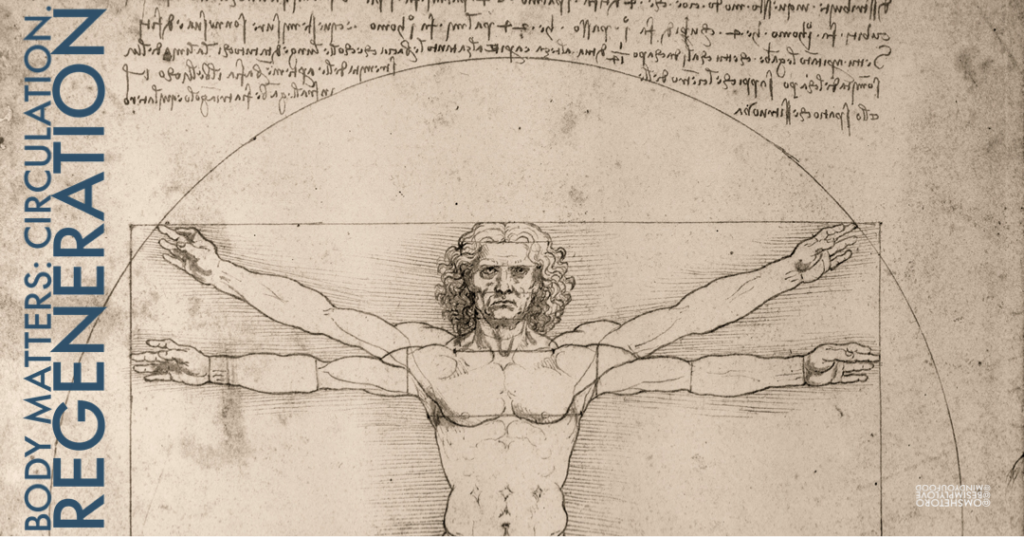
Heart Food
Purpose of grief…tears. heart. lungs. eternal journey.
The dance with nature provides you with one of nature’s greatest silent teachers. Mother Nature will take you to places where you can self discover the answers you are questing for. Including, in moments of deep grief and loss. Commonly, when grief rises from within this is connected to a loss. Grief is actually the remedy to help you move through that loss. The suffering associated with loss is rooted in your heart and lungs. For example, when one looses someone to ‘death’ this can bring on the most intense pain in this region of your body and the pain can reach into your gut too. Furthermore, nature will always offer you the stillness needed to process and release the suffering you are holding. Yet, one has to be willing to go into nature, let go and be held by the earth mother. Coupled with your physiological body being created with many supportive call and responses to assist you in releasing the pain and healing. While tears are often socially rejected and frowned upon in certain settings, tears are your ally.
Tears are your natural and instantaneous gift. Tears are cleansing, purify protecting and a salty lubrication from your body. These ocean like drops of water provide you with a series of mechanisms that will support you: via self-soothing, releasing feel good chemicals and regulating hormones. During any future or present grief, place yourself in nature, you will support the process by grounding your electromagnetic field that will be in upheaval and working in overtime. Furthermore, it is important for you to acknowledge and create space for your grief. When possible, give yourself space to clear out all the emotions that are rising up during any and all losses. By doing this, these energies (emotions) will NOT become trapped in your lungs, heart, mind, gut and/or embedded in your fascia. Which can lead to an immediate ‘imbalance’ in a few weeks after the ‘loss’ and/or emotional upheaval.
The imbalance usually appears as a cold, virus, flu and can lead to an upper respiratory infection. All of which has been brought on by a loss (aka grief). When you do not let go of these layers of grief, in real time they will build up over the years. It is similar to a closet that keeps getting filled with more items and somethings are never looked at again. The layers that are piled up become a burden on the mental, physical, emotional and spiritual body. During the course of your life, you have a choice to keep your closets (aka lungs) clean or carry your built up suffering with you daily. It is a choice and it takes a willingness to soften your gaze, open your heart to receive and let go.
Intellectually, you can understand what it means to let go; however, the compulsive habit, rooted by attachment, can keep you holding on. All of which is located in your mind and heart. Ruminating, remembering, reliving and bypassing setting it down are the cause and effect. It is a destructive pattern that has been passed down through cultures worldwide and in fact there has been the encouragement for biological males not to even access grief, tears via the simple act of allowing the body to do what it is created to do. The lack of best practices with greif creates a societal imbalance for all of humanity. I am simply encouraging you, as my male elders have taught me, that sometimes you just need to go out into the field and cry.
If inspired, next time you feel a loss and/or grief go outside and give yourself the space to be with the grief and give yourself the permission to cry. This realtime effort will help keep all aspects of you in returning to harmony and peace.
The eternal flow of life rests in water. Water is Life. Tears support the eternal dance of life.

Mind Food
1st attention normal awareness. 2nd attention deeper subconscious, non-ordinary awareness. I will be diving deeper into these states of awareness as we enter into Winter/Summer and its relationship to your dreaming attention. I want to briefly give you the opportunity this Fall to start practicing a deeper level of awareness in your present moment (1st attention). The more you build upon the 1st attention, you will begin to have deeper state of awareness beyond the physical reality, 2nd attention. The second attention will provide you with an awareness and wisdom to assist you in transforming and releasing burdens that weigh on your mind, heart, body and soul. Coupled with being able to move through life with greater ease and awareness in all states of attention.

Body Food
Tears. Emotional Dysregualtion.
Research* has found that tears are self-soothing, an emotional release coupled with the discharge of feel good chemicals. These chemicals ease both physical, mental and emotional pain. Crying can help reduce pain and promote a sense of well-being.
Hormones released during crying can help with pain and emotional regulation:
Oxytocin and endorphins. These chemicals can help ease physical and emotional pain, and promote a sense of safety.
Stress hormones. Crying releases stress hormones like cortisol and leu-enkephalin (say that ten times fast), which may help regulate the body. (Leu-enkephalin is a neurotransmitter peptide that occurs naturally in the brains of humans). It plays a role in many physiological functions, including: Pain perception, Stress response, and GI function.
Prolactin and Testosterone. Testosterone, a hormone higher in men, may prohibit crying, while prolactin, which is higher in women, may promote crying. Maybe this is where we collectively rooted the societal norm of no crying for men. Yet, I encourage you all to cry when you feel tears well up in your eyes.
Tears Purposes
Keeping eyes lubricated, which helps prevent dryness and discomfort. This is important for clear vision.
Protecting eyes from infection. Tears contain enzymes and antibodies that help prevent bacteria and other microorganisms from growing on the eye’s surface.
Healing minor injuries. Tears contain proteins and growth factors that help heal minor abrasions and injuries to the eye.
Focusing light. Tears create a smooth surface that helps refract light correctly, allowing you to see clearly.
Communicating emotions. Crying can help you recognize sadness and the need for social support. Tears can also help calm and cool anger.
Releasing stress. Crying can release stress and emotional pain. As mentioned, emotionally inspired tears contain hormones and proteins that may have additional protective effects on the eyes, such as reducing inflammation or promoting tissue repair.
Emotions…Immune System
Emotional dysregulation can compromise your immune system by triggering the release of stress hormones like cortisol, which, when elevated over time due to chronic stress, can suppress immune function, leading to increased inflammation and making your body more susceptible to infections. Basically, the constant state of “fight or flight” caused by dysregulated emotions can overwork your immune system, leaving it less effective at fighting off illness.
How emotional dysregulation impacts the immune system:
Stress hormone release: When you cry cortisol is released to support you. When you experience strong negative emotions, the body releases cortisol, a stress hormone that can initially boost your immune response in short bursts. However, when chronically elevated, it suppresses your immune function and promotes inflammation.
Cytokine imbalance: When you have lost someone or something (like a job) that is stressful coupled with a need for grieving an imbalance can start to build in your system. Chronic stress can disrupt the balance of cytokines, small proteins that regulate immune responses, leading to a shift towards pro-inflammatory cytokines, which can contribute to various dis-harmonies in the body, mind, heart and soul.
Reduced lymphocyte activity: When emotions are dysregulated and/or suppressed cortisol can also decrease the production of lymphocytes, white blood cells (crucial for fighting infections). The reduction of white blood cells further weakens the immune system.
Impact on gut health: Emotional Dysregulation can negatively affect gut health, which is closely linked to immune function, a healthy gut microbiome is essential for proper immune response.
How to bring yourself back into balance:
Proactive Stress management techniques: Practicing relaxation, grounding and breath work (pranayama), meditation, yoga (8-limbs), earthing and/or awareness in all moments will help you alleviate and/or reduce stress levels (reduce cortisol production).
Radical Honesty: Acknowledging your emotions in the present moment and getting honest with the situation that triggered the emotional dysregulation. Acceptance of the “what is.” Truth will set you free.
Healthy lifestyle: Maintaining the regular consumption of nutrient rich meals/snacks daily, regular exercise, and sufficient sleep will support a healthy immune system.
Psycho-Spiritual Counseling: All healing is ultimately psycho-spiritual. Counseling rooted in this practice from the east will be beneficial in managing or eliminating emotional dysregualtion. Simultaneously, you will discover the underlying causes of stress related to your lifestyle and emotions that were packed away for another or never day.
With all this being shared, I hope to inspire you to take responsibility for grieving and managing your emotions. While simultaneously embracing the gift of tears to help you release your grief, suffering and pain in the present moment. Then, once you have had a good cry, turn on some music really loud and shake it OFF. Next, find a warm cup of tea or soup and rest outside. Remember you are not alone. Tears and emotions are intertwined in our collective dance with eternity. May you shed your tears with love and joy that created the call and response with your grief.
*A compilation of research, professional/personal experience, and inquiry. Then, putting pieces together here to give you a deeper understand how your emotions impact your emotional, physical, mental and spiritual body.
